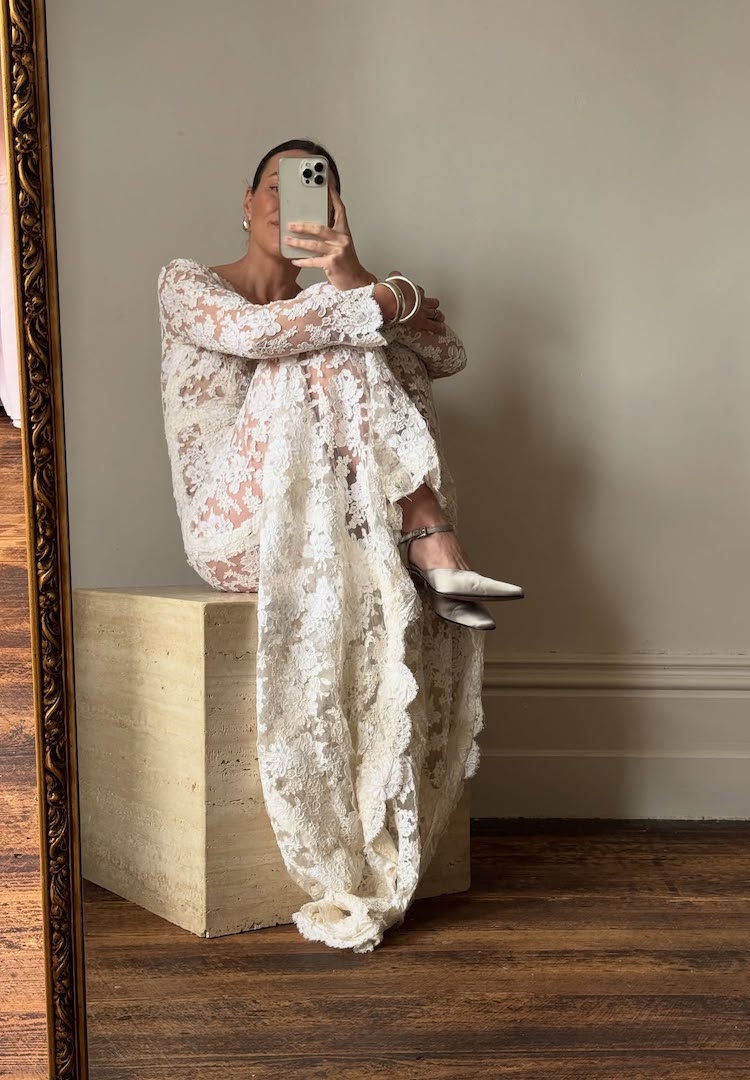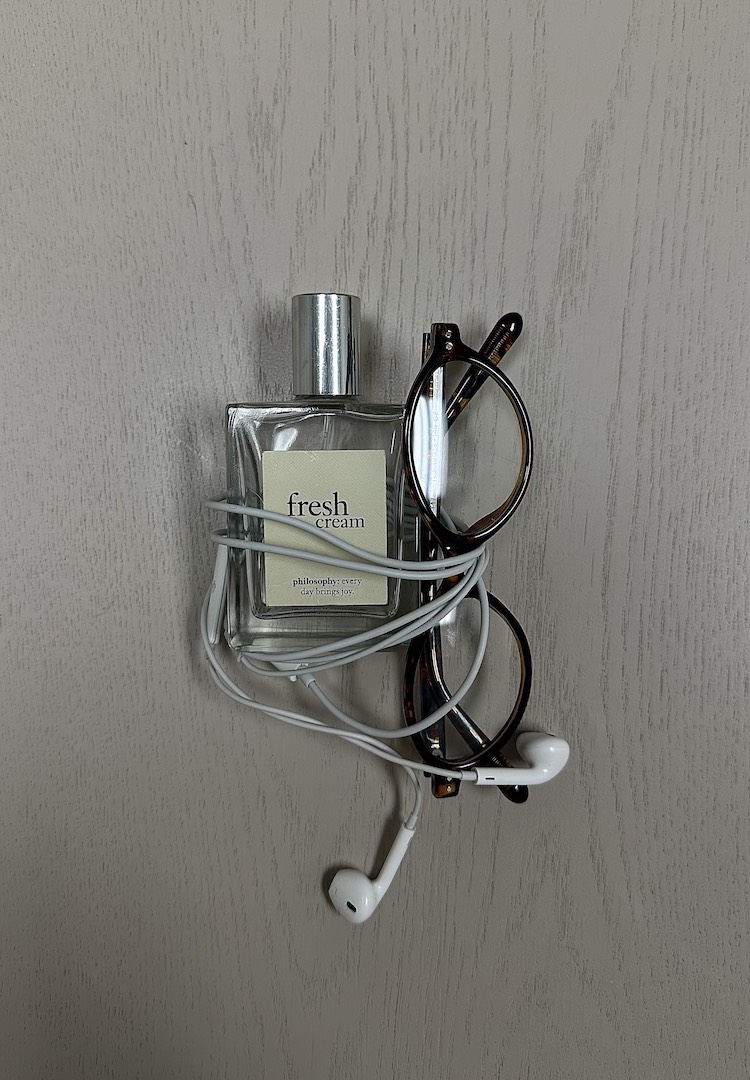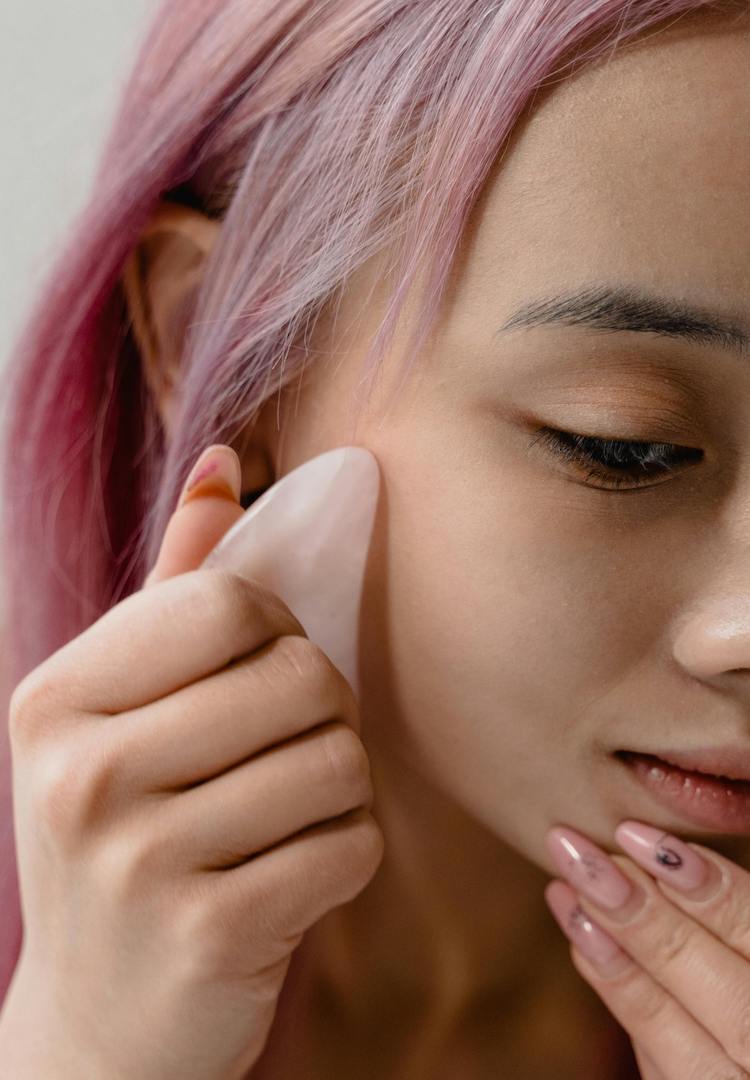What happens when you see a sexologist? I tried it to find out
WORDS BY NIKKI THORBURN
“Sex therapy is a judgement free safe space where we feel validated and seen in all of our sexual experiences and desires.”
The idea of seeing a sex therapist or a sexologist always ignited in me a certain kind of curiosity. It made me long for something I knew I needed – knowledge about my body, pleasure and sexual needs – but never had access to growing up as a cis female.
Instead, sex education classes at school revolved around three things: how not to get pregnant, how not to get STIs, and how to reproduce. It wasn’t necessary to talk about the female orgasm because only male orgasms are needed for reproduction. Whether intended or not, these classes told us that male pleasure was the focus of heterosexual sex, and female pleasure was non-existent or inconsequential.
For more advice like this, browse through our Life section.
While it was normal for boys to masturbate or have ‘wet dreams’ or openly talk about sex in the school hallways, girls were taught to quell any curiosities about their bodies and desires. Our bodies weren’t our own – they were objects to be ashamed of. They were scrutinised and regulated by the world around us.
So it was with apprehension that I waited for my first ever appointment with Jasmine Zahner, a psycho-sexologist at the Australian Institute of Sexology and Sexual Medicine. While I waited for her face to pop up on my screen, I considered whether I really felt like diving into my own shame and sexual trauma on a Monday afternoon.
Therapy over Zoom seemed like a bit of a lacklustre affair, too. Wasn’t I meant to be in a cosy room surrounded by vagina diagrams being comforted by a Jean Milburn-esque character? Instead, I was sitting in an unmade bed dressed in clothes I should’ve probably thrown in the wash two days ago.
I was jolted out of my thought spiral when Jasmine’s face appeared on the screen. After a few pleasantries, we dove straight in, beginning with that icky and explosive landmine: sexual shame. If you’re also a cis female then it’s likely you’re well and truly acquainted with shame, especially when it comes to your body and sexual pleasure.
Jasmine told me that body-related shame starts at a young age. “Labelling children’s genitals as something other than the correct anatomical name – whether it be your ‘hoo-ha’ or your ‘doodle’ – creates shame because if you can’t call it by its right name, then it’s all hush-hush, let’s not talk about what it is, let’s not touch it, let’s pretend that it doesn’t exist.”
While we’re socialised to talk about all our other body parts and how they function, “when it comes to your vulva, your vagina or your penis, it’s shrouded in silence and therefore becomes shameful”.
She went on to explain that young children in particular do things that feel good before they understand what’s acceptable and not acceptable by society’s standards. Whether it be touching themselves or rubbing against something because they like the sensation, they’re curious about their bodies and eager to discover what feels pleasurable.
Once they get older or are told by their parents not to do something because it’s not acceptable, they are shamed out of these natural instincts and curiosities. We then moved towards the next icky and arguably more explosive landmine – sexual trauma. Jasmine revealed that one of the most common complaints she gets from cis women in sex therapy is an inability to feel pleasure or get turned on during sex, most commonly due to sexual trauma.
She described how “the body goes into protective mode after trauma, where it shuts off all sensation to prevent what happened from happening again”. She told me it’s common to disassociate from your body and that your ability to feel pleasure is then switched off. For many people, a lack of healthy and effective coping strategies means that this detachment and disconnection from their body becomes normalised.
I felt a tinge of relief when she said this; all the years I spent feeling numb after experiencing sexual trauma suddenly felt a little bit less isolating. My experience was finally validated. It was also gut-wrenching to realise just how common this experience is for cis women.
Other highlights of the session included the earth-shattering moment I realised just how big the clitoris is (yes, look it up) and Jasmine’s declaration that nothing is too weird or abnormal or ridiculous in the bedroom, so long as it’s between consenting adults. It felt like a light bulb being turned on in those dark and icky and shameful places inside me, followed by a feeling of relief when suddenly, these things didn’t seem as scary or shameful.
And that’s what sex therapy is – a judgement-free safe space where we feel validated and seen in all of our sexual experiences and desires. We’re rarely given that kind of space in our everyday lives; space to fully explore who we are and what feels good.
Having this knowledge about our bodies and being in tune with our own pleasure and sexual needs is incredibly self-empowering. And, importantly, when we are able to communicate these needs without shame or judgement, it has the potential to transform our intimate relationships.
For more information about sex therapy, head here.













